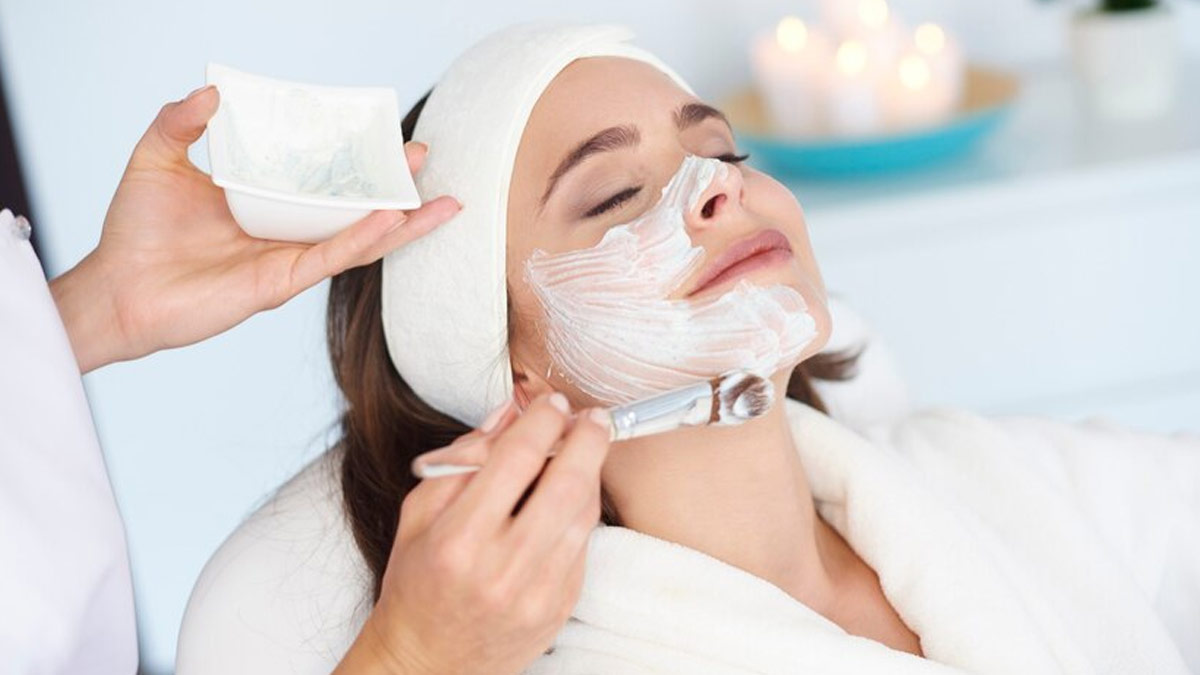
Skin bleaching, a practice aimed at achieving a lighter complexion or treating uneven skin tone, involves various treatments and substances. While some people pursue these treatments for cosmetic reasons, it is crucial to understand the intricacies and safety concerns associated with skin bleaching. Many common ingredients in skin lightening products, such as hydroquinone and corticosteroids, pose significant risks when used improperly.
Table of Content:-
To understand and get a clarity on whether it is safe for our skin, OnlyMyHealth interacted with Dr Kusumika Kanak, Consultant Dermatologist at Sahyadri Super Speciality Hospital in Hadapsar, Pune.
The Dangers of Hydroquinone

Hydroquinone is a popular active ingredient in many skin-lightening products due to its effectiveness in reducing hyperpigmentation. However, Dr Kusumika Kanak, highlights the potential dangers of this substance. "Hydroquinone can cause significant skin irritation and has been associated with ochronosis, a condition where the skin becomes darkened and thickened," she explains. This ingredient has raised enough concern to be banned in many countries, although it remains available under prescription in others. The debate over its potential as a carcinogen further complicates its usage.
Also read: What Are Injectable Moisturisers And How Do They Work?
Risks of Corticosteroids in Skin Bleaching

Another group of ingredients frequently found in skin bleaching creams is corticosteroids. These potent compounds can have severe side effects when used inappropriately. "Corticosteroids can lead to skin thinning, increased susceptibility to infections for the skin, acne, and even systemic effects such as elevated blood pressure and diabetes," Dr Kanak warns. The misuse of these ingredients underscores the necessity of medical supervision for any skin treatments involving such compounds.
Psychological Impact of Skin Lightening
Beyond the physical side effects, the psychological impact of altering one's skin colour can be profound. “Issues of self-image and identity are often entangled in the decision to pursue skin lightening, pointing to deeper societal influences that valorise lighter skin tones,” Dr Kanak said. This societal pressure can drive individuals to seek drastic measures, sometimes without fully considering the potential health risks.
Safer Alternatives to Harmful Chemicals
For those seeking alternatives to harmful chemicals, there are safer, dermatologically approved options available. "Ingredients like topical Vitamin C, niacinamide, and azelaic acid offer effective ways to manage hyperpigmentation and improve skin health without the harsh side effects," Dr Kanak advises. These agents work to gently fade dark spots and enhance the skin's overall radiance. Unlike hydroquinone and corticosteroids, these alternatives are less likely to cause severe adverse effects when used correctly.

Vitamin C, known for its antioxidant properties, helps to brighten the skin and reduce the appearance of dark spots. Niacinamide, a form of Vitamin B3, improves skin barrier function and reduces inflammation, making it suitable for those with sensitive skin. Azelaic acid, derived from grains like wheat and barley, is effective in treating acne and rosacea while also lightening dark patches on the skin.
Importance of Consulting a Dermatologist
The most important step anyone considering skin bleaching should take is to consult with a dermatologist. "Clinical guidance is essential in navigating the safe use of skin treatments," emphasises Dr Kanak. By understanding the specific needs and conditions of your skin, a doctor can recommend the most appropriate and safe treatment options. Dermatologists can also provide valuable advice on how to achieve the desired results without compromising skin health.
Conclusion
While the desire for lighter skin or an even complexion is understandable, the risks associated with common skin bleaching ingredients like hydroquinone and corticosteroids should not be underestimated. The potential for severe side effects, both physical and psychological, highlights the importance of seeking safer alternatives and professional medical advice. By choosing dermatologically approved options and consulting with a healthcare professional, individuals can pursue their skincare goals safely and effectively.
Also watch this video
How we keep this article up to date:
We work with experts and keep a close eye on the latest in health and wellness. Whenever there is a new research or helpful information, we update our articles with accurate and useful advice.
Current Version